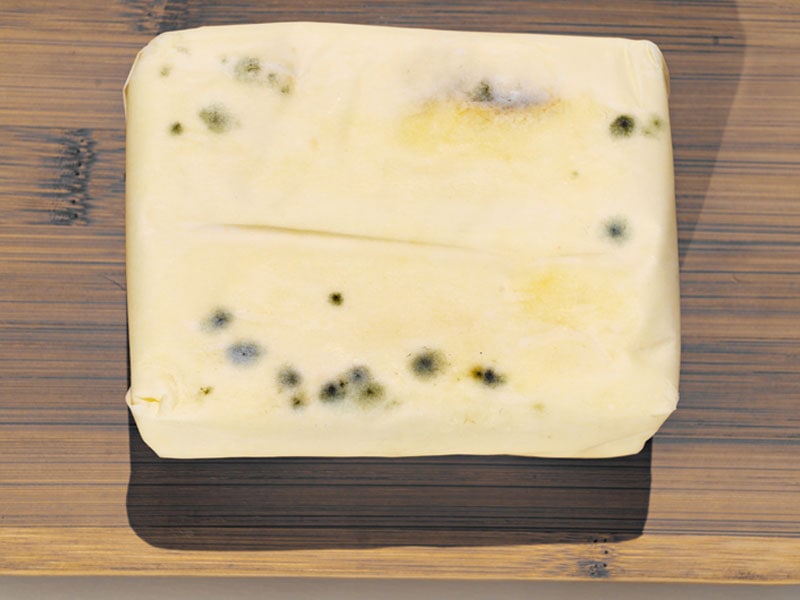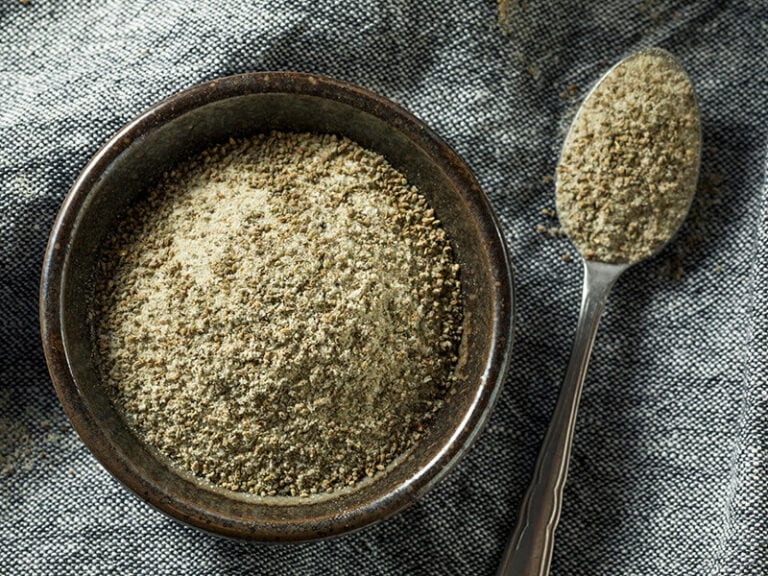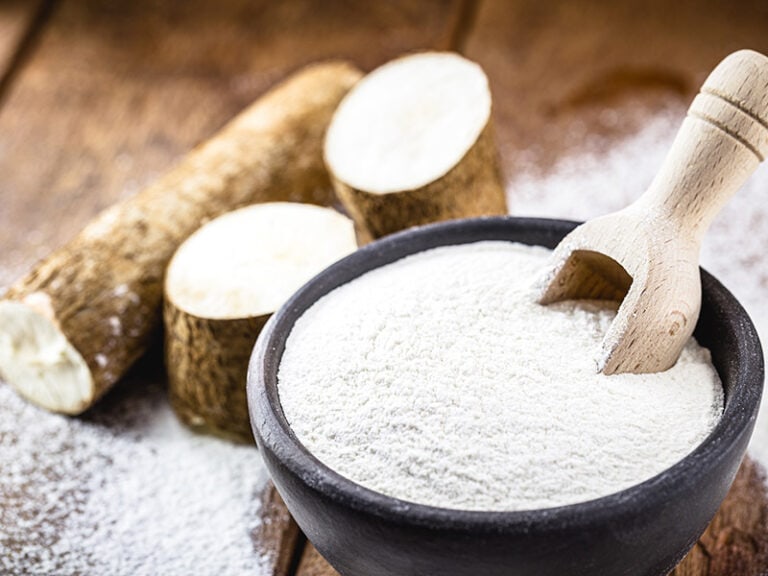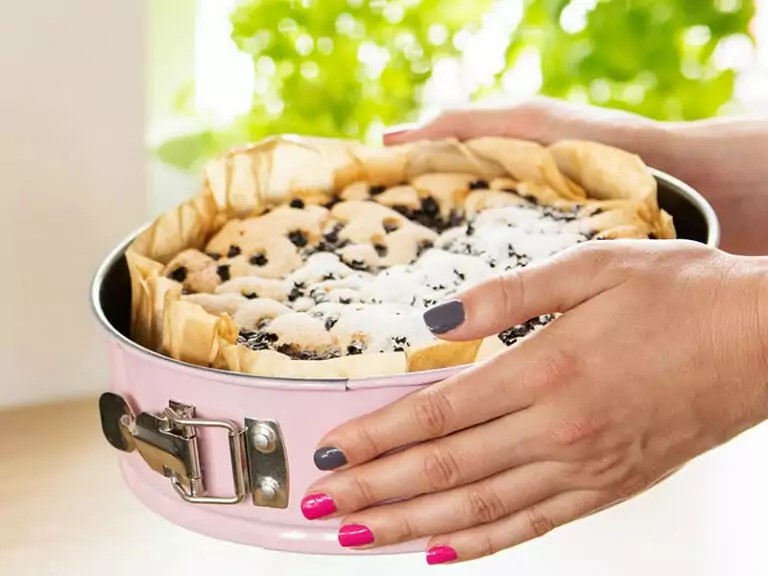Can you use expired butter? This is the question most people are afraid to answer since most have eaten expired butter once or twice. The best information people get is smelling the butter and judging its integrity.
Butter is so popular and tasty that you can find it in almost everyone’s refrigerator. Sometimes you feel that you can’t have enough butter and buy too much to store in the refrigerator.
Check out this article to know if you should give your out-of-date box of butter a chance, tips to keep your butter, and signs that they have gone bad and you should discard them immediately!

Get To Know Your Butter
Butter is a commonly used food in many cultures in the world. This worldwide adoption may be due to butter‘s convenience, tastiness, and nutrient contents. Butter is a dairy product that comes from churned cream. Its components mainly consist of fat and protein.
People render butter by removing the water and milk solids to produce clarified butter. They also call it ghee which is almost entirely butterfat.
The primary component of butter is the cream in milk. Butter is usually made from cow’s milk, but other variants may also use sheep, goat, or buffalo milk to make butter.
People used to add salt to butter for preservation, but it’s not compulsory in today’s scenario since people have utilized refrigeration in the whole supply chain. In modern times, people only add salt for taste. (1)
Widen your knowledge about kinds of butter around the world.
Butter has many uses, and the most frequent use is in baking. It serves as a condiment for many dishes too. Just imagine eating a sandwich without butter; it’s like eating a hamburger without ham!
Most dairy products are more susceptible to spoilage due to their high lactose content. The simplest example is your milk when it goes bad quickly in the refrigerator. However, butter has a longer shelf life than general dairy products because it is rich in fat and low in lactose.

Does Your Butter Go Bad With Ease?
Bacteria that cause foods to go bad can’t live in fat since butter’s main component is fat (with around 80%). Fat is a great protective layer, so the butter doesn’t go bad quickly. But exposure to the air can oxidize the fat in butter and cause it to turn rancid.
Despite its resistance to bacteria and long shelf life due to low lactose content, multiple external factors can cause the butter to turn bad.
Sunlight
A glass of milk can have an off-flavor when exposed to sunlight for a short time; the same goes for butter and other dairy products. The sun is not the only light source that can do this. Any light can do that to your butter due to light’s effect in accelerating fat oxidation.
The heat from sunlight melts butter. Room temperature can soften your butter and give it an undesired shape. Butter starts melting at 28°C. Solid butter can become a messy liquid when left outside the refrigerator for too long.
Air
Air is the number one enemy of butter. Long exposure to open air is the main cause of spoiled butter. Oxygen in the air oxidizes the fat in butter and eventually spoils it.
The oxidation process breaks down the butter into glycerol and fatty acids, which turns the butter rancid. Rancid butter can smell like sweaty feet, vomit, or rotten cheese.
Moisture

Even though bacteria can’t live on the outside layer of butter due to the lack of water, moist air can assist the thriving of microbes. Especially in humid climates, harmful bacteria can multiply if you expose your butter to the air.
For the above reason, even a resilient product like butter needs proper storage to prolong its shelf life. Regardless of the dates printed on the label, the storage conditions keep your butter always in good quality.
How Tough Is Your Butter?
Butter can be a match to many fermented foods with proper storage. Here is a table for you to know how long your butter can survive in different storage conditions:
| Storage condition | Storage time |
| Room temperature | Up to 2 days |
| Refrigerator | 1 – 2 months |
| Freezer | 6 – 9 months |
The shelf life of butter depends on the storage conditions more than the expiration day printed on the package. Refrigerated or frozen butter will last longer than butter kept at room temperature.
It takes only several days for butter on the counter at room temperature to turn rancid, while it can stay in good condition for less than 2 months when stored in the refrigerator and up to 9 months when stored in the freezer. (2)
If you wonder how butter can last that long in refrigerated conditions, the answer is salt. Everyone knows salt is a great preservative for all kinds of food by extending its shelf life while impairing the growth of bacteria and mold.
Check this out to know butter is one tough dairy guy and can survive at room temperature.
How To Store Butter Like An Expert
There are multiple effective ways to keep butter in tip-top condition. In this section, I will tell you the upsides and downsides of each method.
Refrigerating Your Butter

Storing butter is not hard at all. There are some easy tips to prolong the shelf life of your butter. The best way to store butter is in the refrigerator. To increase the shelf life, you should store butter below 41°F (or 5°C).
You should always wrap butter in foil packaging to avoid exposure to air and light. This also protects butter from other influences, such as odors and moisture. You can store your butter in the refrigerator for 5 months.
Most people, including the old me, find the refrigerator the most suitable place for putting butter. The butter bars fit perfectly in those little gaps on the door, making you want to place them there.
However, you shouldn’t store your butter at the refrigerator door. Temperature fluctuation from numerous times opening the refrigerator door may affect the butter quality. It’s best to store butter deep inside the refrigerator where the temperature is more consistent.
Freezing Your Butter

If you find yourself stuck with a pile of butter you can’t use up before the “Best if used by” date, freezing your butter is the best solution. Freezing can extend butter’s shelf life by up to 9 months.
Freezing your butter is nothing complicated, but there are some tips you should be aware of. It’s best to freeze your butter in its original package. If you have that big block of butter, you should cut it into small portions for usage since frozen butter is hard to cut.
Slice it into 1-2 table-spoon portions and wrap them well with aluminum foil or plastic wrap for the freezer. Avoid storing your butter with strong-odored food because butter is easy to absorb odors.
You should defrost your butter before using it. Transfer the amount of butter you need to use to the refrigerator and let it thaw for at least 7 hours.
Microwaving is a great way if you forget to defrost your butter beforehand. Put the fully-wrapped butter in your microwave for a few seconds to soften it.
If you need grated butter, just grate it with a cheese grater without the need to defrost it. Frozen butter is easier to grate anyways.
What Happens To Butter Left At Room Temperature?
If you happen to find butter has been outside for 2 days since you left home. Don’t get panic over it. It’s not the end of the world. Butter does hold up well for some days at room temperature since its composition is 80% fat and 15% water.
If you want your butter to retain its original quality at room temperature, there are some rules you should keep in mind. As I have pointed out, air, heat, and light are the factors that cause damage to your butter.
When you keep butter outside the refrigerator, it’s best to keep it in an airtight container, even if it‘s still wrapped. Keep it in the dark corner, away from all sources of light.
If you want to soften your refrigerated butter, just take out enough to leave it at room temperature. Avoid taking it out and leaving it back in the refrigerator several times.
Don’t put your butter anywhere near heat sources or direct sunlight. Your butter will melt and become a mess real quick. Also, if your environment is hot (above 21°C or 70 °F), you should not store your butter at room temperature for more than a day.
Should You Concern About the Expiration Date Of Butter?
The “best by” date printed on the package is not the ultimate indicator of whether your butter is still okay to use. Normally, in good storage condition, your butter can outlast that expiration day for 2-3 months if still in the package.
Once opened, your butter should be good for consumption within 1-2 months past the expiration date. Always look for signs of spoilage before using expired butter.
Consuming rancid butter won’t threaten your health unless it’s contaminated.
You can always make your butter at home if you’re not a fan of the commercial variety.
Signs Of Spoilage In Butter
There are plenty of ways to tell if your butter has gone bad. Spoiled butter is very easy to tell. Here are some tips for you:
1. Rancid Smell
The first thing you should look for is the smell. If your butter smells sour or foul, it has gone rancid, and it’s not safe to consume anymore. The rancid smell usually resembles sweaty feet, vomit, or rotten cheese.
2. Change In Color
The next sign you should look for is the change in color of the butter. Do you spot any discoloration on your butter? Normally, your butter has a light color. You can cut up a part of your butter to see if the inside of the butter has gone bad.
3. Mold
Do you see tiny black spots on any part of your butter? Those are the mold forming on your butter. The main factors that cause mold on butter are heat, exposure to air, and other sources of contamination, even toxins. It’s high time to discard your butter.
4. Change In Taste
If you insist that your butter is fine, you can always have a taste to test it. Spoiled butter tastes bitter and sour. That’s the taste of rancidity. It’s time to let your butter go and end its suffering. If not, it’s still safe to eat the butter.
5. Expiration Date
Even though the expiration day doesn’t decide the fate of your butter, it’s also a good clue for consumers. There are multiple kinds of dates on food packages, such as “best before,” “use by,” “best if used by,” and “sell by”.
You don’t have to be concerned about the sell-by because it’s not for you. It’s for retailers to know when to replace the old products and put the new batch on the shelf. All other dates are the last day the manufacturers ensure their product’s best quality.

Is There Any Consequence Of Eating Expired Butter?
Sandwich and butter is everyone’s lifesaver when you wake up late for work and need that instant energy boost to start the day. Sometimes you’re in such a hurry that checking the expiration date of your butter is a luxury.
If you end up eating out-of-date butter. Don’t freak out just yet! If you don’t find any weird taste (sour, bitter) in your butter, chances are it’s still good. Even butter that has gone rancid will not do any harm to your health, let alone kill you.
Some sources claim that eating rancid butter can lower your vitamin E and vitamin B stores. That aside, rancid butter doesn’t put your health in danger.
FAQs
You have learned a lot about butter and how to store it properly. Here are some simple answers to further improve your knowledge about this widely beloved food:
Give Your Expired Butter A Second Chance
Butter is the soul of many dishes in many cultures. Butter is known for its fatty flavor, creamy texture, and convenience in daily usage. A cube of butter and 2 slices of sandwich can give you enough energy to start a day.
If you want that fatty piece of butter to melt satisfyingly in your mouth, you better go for salted butter or consume it in less than 2 days. Your refrigerator is still the safest place for your butter. When in doubt, stuff your butter in the refrigerator. Cold butter has its unique texture too.
One last thing, don’t let those number of dates make you think badly about your butter. If you have showered your butter with good love and care, those “best-by” dates are just numbers, after all. Remember to like and share more great articles!
References
- Butter (2022) Wikipedia. Wikimedia Foundation.
- Team, S.H.F.- (2022) Does butter go bad? (signs of expired butter), Simply Healthy Family.






